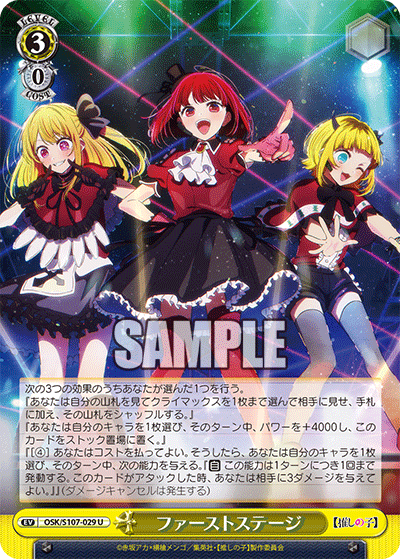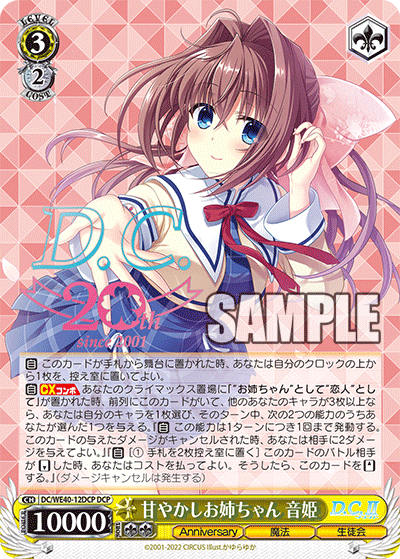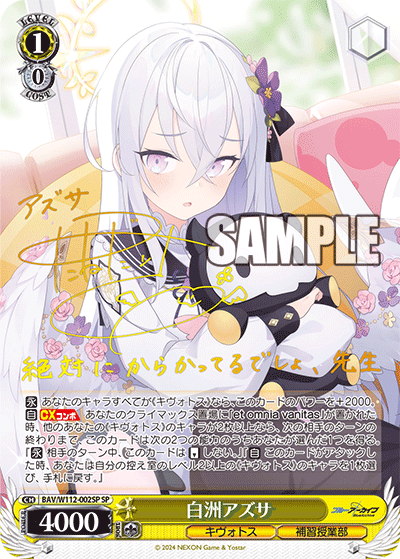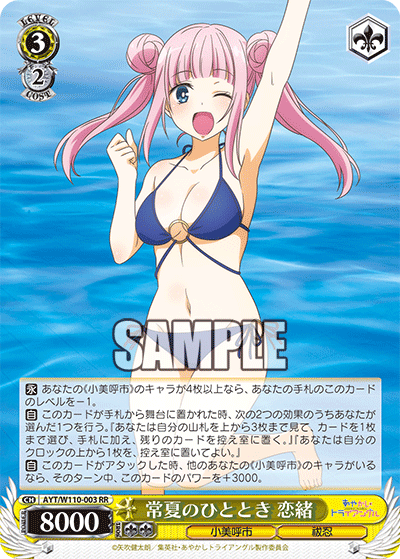Modality is a keyword that is spoken and thrown around everywhere. It’s considered one of the most powerful mechanics any card can have, and yet, at the same time, I constantly feel that it is underappreciated. Modality is like a Swiss Army knife. You have a use for it in almost any situation. It doesn’t perform as good as a specific tool catered towards certain purposes, but it has flexibility, something I admire more and more as I continue to play games in general.

Modality is when a card offers you a plethora of effects to select from. Usually, you only get one choice, sometimes two depending on the card and if there are any additional costs. Think of them as the ultimate tool box. They aren’t perfect. Depending on the effects, they may not suit your every situation.

So given the large amount of upside of catering the effects to your situation, when would it be bad for modality? Modality often comes at a cost of power. This is because the power returns in the ability to make choices on which effects to use for your specific situations. In that sense, modal cards are rarely dead in your hand. They offer some semblance of practicality usually. This does come at a cost as modality usually takes away a large amount of raw power from a card, which may or may not even matter depending on the match-up.
Modality, in most cases, is just really an upside. However, there are rare cases where modality isn’t very good, and this has to be due to the effects and costs for the modal abilities and the general metagame. Take Miku above. While having a cycle of abilities is nice, none of the abilities here are particularly useful for most cases. The first ability to let your other cards overpower their opponents is nice, but the other two effects are just extremely niche or expensive. Given the pacing of the current game, Miku’s contribution seems far too old tech, even when her set was released (Fujimi Bunko Set 1). Bottom decking one of your opponent’s front row cards is fine, but having to discard a hand, especially in the early game, and given that most cards do expect to be reversed on your opponent’s turn, only really helps with securing a direct attack most of the time. The last mode to heal is a nice thing to have, but paying two stock for just a single heal feels expensive. Assuming you play the card immediately, that’s essentially three cost for a single heal.
However, that is not to say that Miku is entirely useless. Everything is based on circumstance. If your opponent is trying to save their cards by using something like a J.C. profile in the front, having the ability to bottom deck that card can heavily penalize your opponent’s play. Similarly, if your opponent needs full board condition for something like a money counter, Miku’s bottom decking ability allows you to remove something without having to commit more board or do so on swing, even negating the innate encore ability. Even the heal, if, say you had triggered multiple climaxes a turn, can be a way to pay out costs without having to commit even more resources while giving you a small reprieve from damage.

Suffice to say, that doesn’t mean that any mode, even those that are expensive are necessarily bad. Kaori above gives you a consistent way to heal or brainstorm. She carries the exact same costs as Miku but as a 0/0 which lessens the overall stock cost. But still, in the right build, with many pairing this brainstorm with the 1/0 Yue stock generation combo, Kaori here can be an effective way to pay out stock (since you make so much of it) while also giving you a light reward. The bottom line is this: modality is good, but it’s only best if you can really make full use of it.



BAV/W112-002SP-SP 白洲アズサ (center)
AYT/W110-003RR 常夏のひととき 恋緒 (right)
I would say that modality is something you can always put into your deck to give yourself a bit more choice and agency in your gameplay. All-in-all, it may seem that this post is essentially purely talking about the positives of modular cards and that you should put them in every deck. This is far from the truth. While it is true that you can build around modality, I think it’s best to fit these cards as flex slots if they suit your build rather than shoehorning them in. Modular cards, usually tech, should be there to compliment your deck, not the other way around.